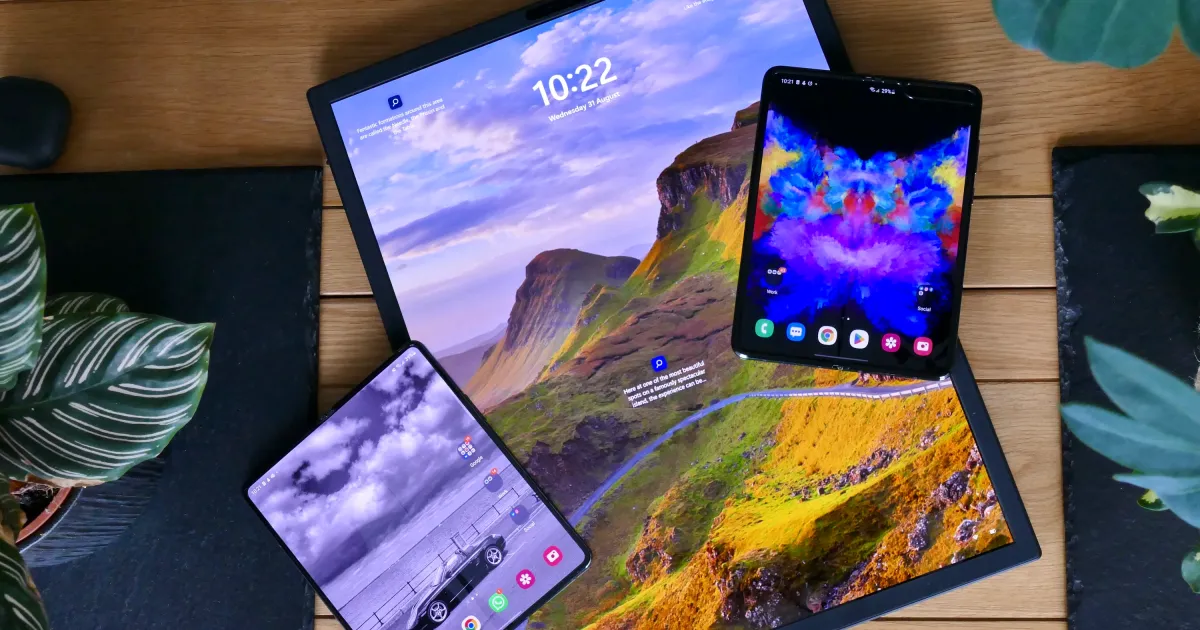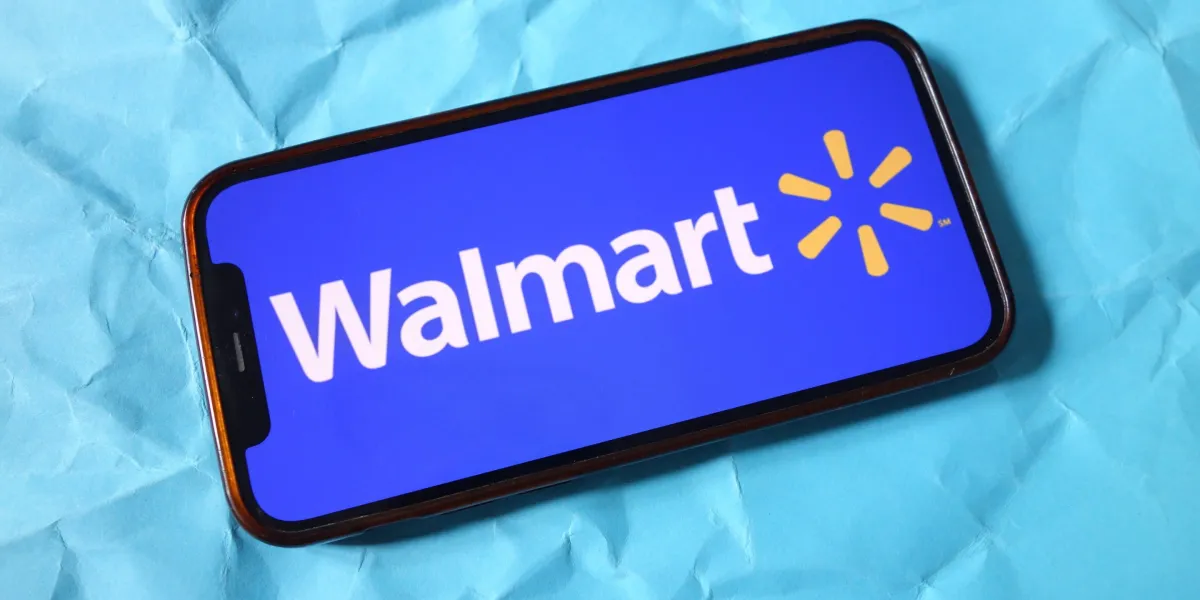Copyright Digital Trends

What’s happened? Apple’s dream of a foldable iPad may take longer to unfold, as engineering challenges are proving more complex than expected. According to a report by Bloomberg, Apple has encountered engineering setbacks in developing its 18-inch OLED foldable iPad. The primary challenge is related to the device’s weight. Current prototypes weigh around 3.5 pounds, making them as heavy as the MacBook Pro and nearly three times heavier than an iPad Pro. Although the company continues to explore a production-ready design, the expected release has been delayed from 2028 to 2029 or later. Why is this important? With iPad sales slowing and recent models offering only incremental updates, Apple is in need of a breakthrough product—something that can redefine the tablet category and revive its innovation edge. Apple is working on the foldable iPad in partnership with Samsung Display, aiming to enter the big-screen foldable market currently dominated by companies like Lenovo and Asus. The device, codenamed J312, is said to resemble a 13-inch MacBook. It features an aluminum shell on the outside and a foldable screen on the inside. Recommended Videos Why should I care? The report highlights that Apple and its partners have developed a display that “minimizes the crease” typically seen on foldable devices, technology that may also be used in the rumored foldable iPhone. However, the structural components and high-end display technology required for the 18-inch foldable iPad are adding significant weight, which might make the device impractical for everyday use. For comparison, the prototypes weigh about a pound more than Huawei’s MateBook Fold, another 18-inch foldable tablet, currently retailing for around $3,400 in China. Given that the technology involved in the process is expensive, it could push the development cost and, therefore, the device could debut with a price tag of around $3,000. OK, what’s next? For now, Apple appears to be placing significant bets on three categories: AI-infused Siri voice assistants (which will power a range of smart home devices, including a tabletop robot), smart glasses, and big-screen foldables.



